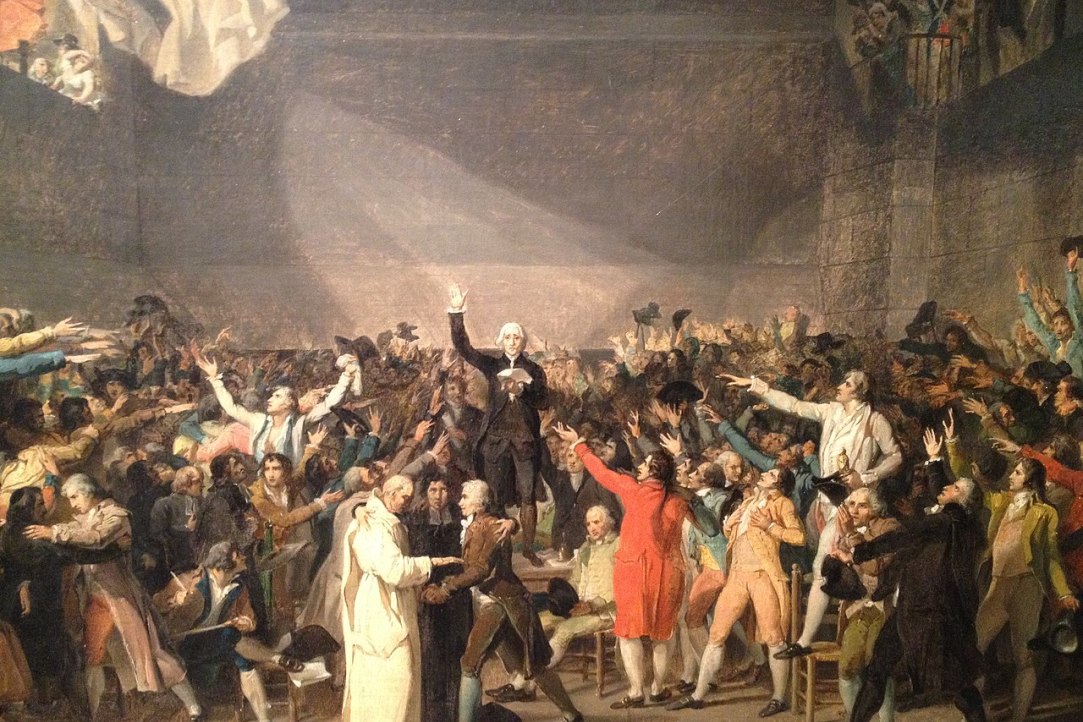
Relatively Unhappy: How Strict Labour Laws Reduce Workers’ Happiness
Temporary or informally employed people are less satisfied with their lives than those with a permanent job. The most apparent differences can be seen in countries with strict labour laws. Tatiana Karabchuk and Natalia Soboleva investigated the legislative impact on the social well-being of employed populations in European countries and Russia.

Underground Capitalist in Soviet Russia
Nikolai Pavlenko, a shadow entrepreneur and creator of a successful business in Stalin’s USSR, was executed by firing squad in 1955. Running a successful commercial enterprise right under the dictator’s nose in a strictly planned economy was a striking but not so uncommon case in the Soviet Union at the time, according to HSE professor Oleg Khlevniuk who made a number of unexpected findings having studied newly accessible archival documents. Below, IQ.HSE offers a summary of what his study reveals.

Ghost of Recession: Why It Is Haunting Russia's Economy
This year, a slowdown is expected in the Russian economy. According to some forecasts, the country will enter recession in 2021 or possibly even earlier. However, according to the HSE Centre for Business Tendencies Studies (CBTS), there are no noticeable signs of recession at the moment. This article looks at what keeps Russia's economy from picking up pace and why slowdowns are a possibility, according to the HSE CBTS.

From Chains to Art Therapy: The Evolution of Mental Health Care
Mental health disorders are among the leading worldwide causes of disease and long-term disability. This issue has a long and painful history of gradual de-stigmatization of patients, coinciding with humanization of therapeutic approaches. What are the current trends in Russia regarding this issue and in what ways is it similar to and different from Western countries? IQ.HSE provides an overview of this problem based on research carried out by Svetlana Kolpakova.

Trapped by a Flexible Schedule: The Pain and Price of Freelance Work
A flexible schedule is one of the main advantages of freelance work. But don’t rejoice in your freedom just yet: self-employment often disrupts the balance between life and work and takes up more time than traditional office work. HSE University researchers Denis Strebkov and Andrey Shevchuk investigated the downsides of independent work.

The Brain Processes Words Placed on the Right Side of a Screen More Quickly
When reading words on a screen, the human brain comprehends words placed on the right side of the screen faster. The total amount of presented information on the screen also affects the speed and accuracy of the brain’s ability to process words. These are the findings of HSE researchers Elena Gorbunova and Maria Falikman presented in an article that was published in the journal, Advances in Cognitive Psychology.

How Moral Obligation Drives Protest
Researchers have long studied the motives that inspire people to join in collective action. Three factors have received particular attention: anger caused by apparent social injustice; belief in the efficacy of collective action; and politicised identity. New studies have recently prompted a team of scholars, including a HSE researcher, to incorporate two additional factors into the existing model: ideology and moral obligation.

The Campaign Against Bullying
Educators do not always deal with student aggression in the most effective manner. Sometimes teachers resort to severe and unsystematic methods that only make the bullying worse. According to researchers of the HSE Laboratory for Prevention of Asocial Behavior, the problem requires a comprehensive approach: aggression prevention programmes need to be incorporated into educational policy, and, in turn, schools need to foster supportive psychological climate and trust between teachers and students.
Brain in Space: What Happens to the Human Nervous System in Weightlessness
While Roscosmos is discussing future manned flights to Mars, NASA plans to open the International Space Station for commercial tourism, and SpaceX is testing its Starship Mars prototype, scientists are seriously concerned about the impact of prolonged stay in space on the human body. While the effects of weightlessness on bones, muscles and the vestibular system are well known, how the human brain copes with microgravity has yet to be fully examined. IQ.HSE has compiled the latest research on this topic.

Democracy Isn’t for Everyone: Russians Adopt Western Values but See Them in Their Own Way
Europe wants to live in a democracy. This is especially true for residents of countries of Northern Europe, but less so for those of former socialist countries, especially Russia. While almost everyone has a positive attitude towards democracy, people have different understandings of it. Alla Salmina studied the relationship between attitudes and understandings of it using the data of 28 countries that participated in the European Social Survey (ESS).

